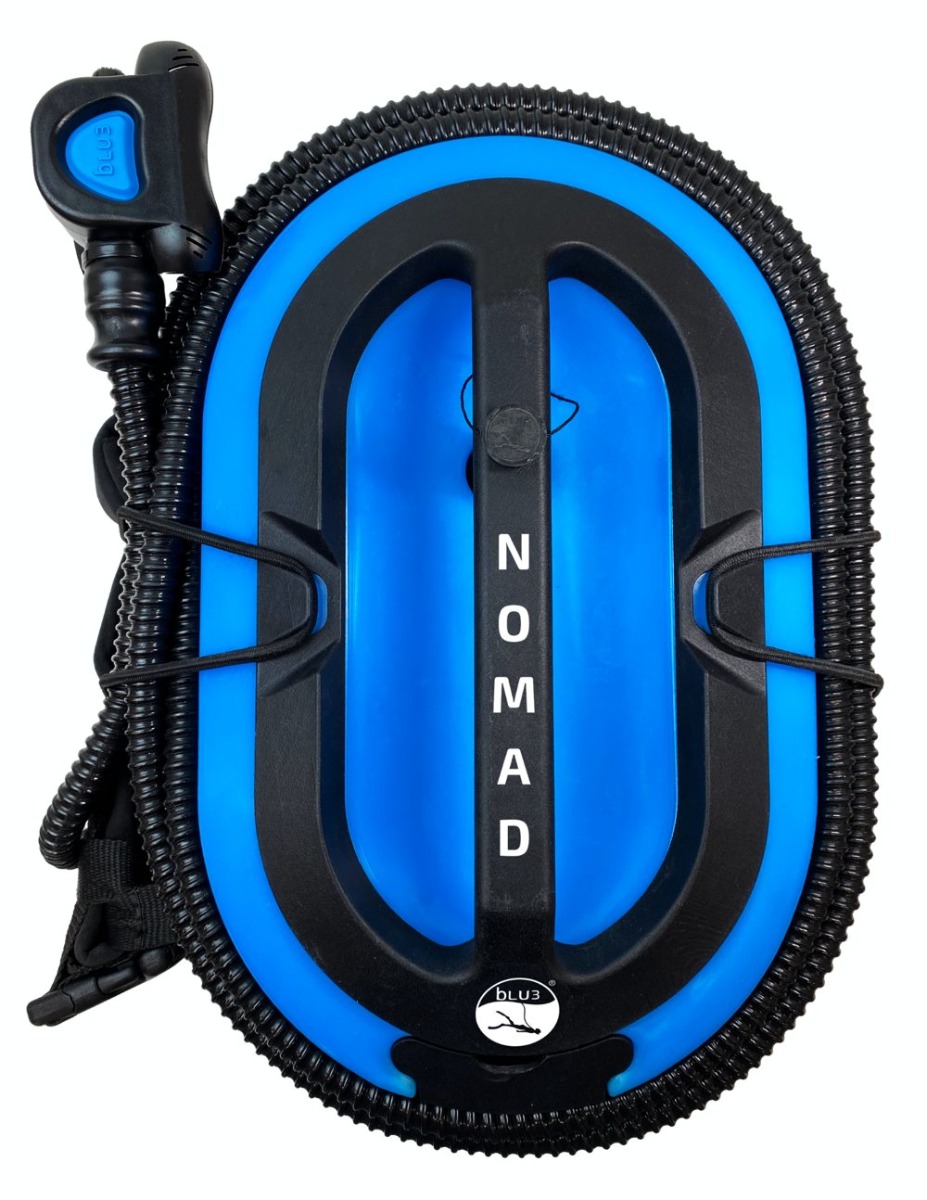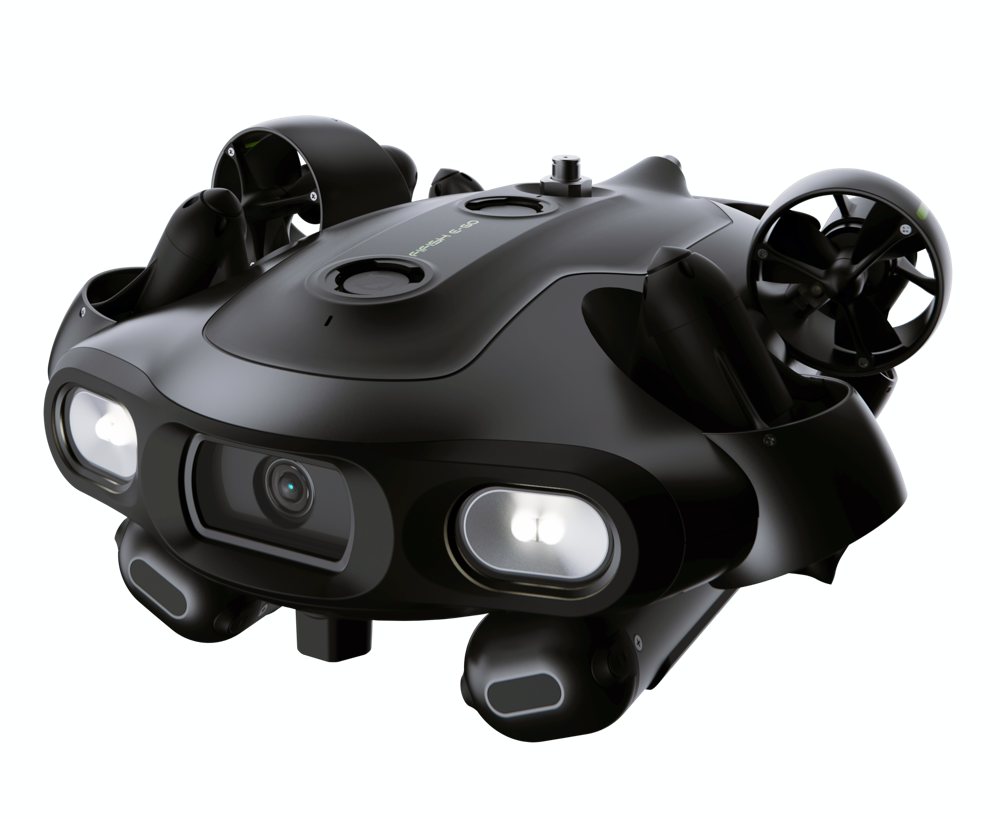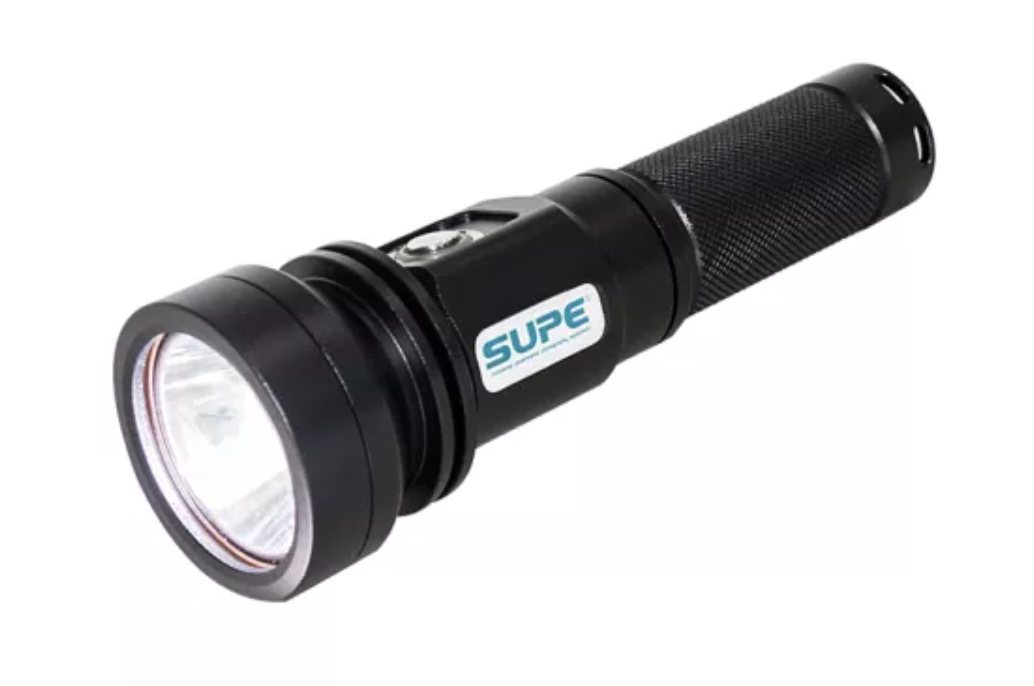- Home
- Directory
- Shop
- Underwater Cameras - Photographic Accessories
- Smartphone Housings
- Sea Scooters
- Hookah Dive Systems
- Underwater Metal Detectors
- Dive Gear
- Dive Accessories
- Diving DVD & Blu-Ray Discs
- Diving Books
- Underwater Drones
- Drones
- Subscriptions - Magazines
- Protective Cases
- Corrective Lenses
- Dive Wear
- Underwater Membership
- Assistive Technology - NDIS
- On Sale
- Underwater Gift Cards
- Underwater Art
- Power Stations
- Underwater Bargain Bin
- Brands
- 10bar
- AirBuddy
- Akona
- AOI
- Apollo
- AquaTech
- Atomic Aquatics
- aunoc
- AxisGo
- Backscatter Underwater Video and Photo
- BLU3
- Buddy-Watcher
- Cayago
- Chasing
- Cinebags
- Contour
- Deepblue
- Devilite
- Digipower
- DJI
- Dyron
- Edge Smart Drive
- Eneloop
- Energizer
- Exotech Innovations
- Fantasea
- FiiK Elektric Skateboards
- Fotocore
- Garmin
- Geneinno
- GoPro
- Hagul
- Hoverstar
- Hydro Sapiens
- Hydrotac
- Ikelite
- Indigo Industries
- Inon
- Insta360
- Intova
- Isotta Housings
- Jobe
- JOBY
- Kraken Sports
- LEFEET
- Marelux
- Mirage Dive
- Nautica Seascooters
- Nautilus Lifeline
- NautiSmart
- Nitecore
- Nocturnal Lights
- Nokta Makro
- Ocean Guardian
- Oceanic
- Olympus
- OM System
- Orca Torch
- Overboard
- Paralenz
- PowerDive
- QYSEA
- Ratio Dive Computers
- Scubajet
- Scubalamp
- Sea & Sea
- SeaDoo Seascooter
- SeaLife
- Seashell
- Seavu
- Shark Shield
- Sherwood Scuba
- Spare Air
- StickTite
- StormCase
- Sublue
- Suunto
- SwellPro
- T-HOUSING
- Tusa
- U.N Photographics
- Venture Heat
- XTAR
- Yamaha Seascooter
- Youcan Robot
- Zcifi
Smallest Whale Shark Rescued in Sorsogon - Philippines
Whale sharks (Rhincodon typus) are the largest fish on earth. Thus it was a pleasant surprise for the folk of Sorsogon to find and rescue what is arguably the smallest living whale shark in recorded history.
Donsol, a sleepy town in the Philippine province of Sorsogon, hosts the largest known annual congregation of whale sharks in the world. For several years now, WWF has been working with the people of Donsol, continuously improving a unique ecotourism program that allows visitors to snorkel with these giants of the sea.
Over the last six years, visitor records reveal that 95% of tourists that flock to Donsol in the season that runs from December to mid-May, actually get to interact with whale sharks – an amazing record. The greater majority of tourists report up to six interactions in just a single morning. From being an economic laggard in the Bicol Region, Donsol’s fortunes have risen where it is now regarded as the chief tourist attraction of this Region, at the southern tip of the island of Luzon.
We know that whale sharks congregate here. We also know that they feed here. Over the last two years, new scientific evidence culled from a satellite tagging program and an innovative photo-ID project funded by WWF Denmark, revealed that although some sharks swim out of the country at season’s end, some of them actually just hang around the archipelago. This week, WWF and the people of Donsol learned something new.
On the morning of March 7th, word reached Nitz Pedragosa, Donsol’s Tourism Officer, that a whale shark had been caught on March 6th in nearby San Antonio, a barangay of Pilar town, adjacent to Donsol. It was allegedly tied up, and being sold. Very quickly she sent Embet Guadamor, a Butanding Interaction Officer (BIO) from Donsol, to inform the town’s Municipal Agricultural officer. Elson Aca, WWF’s Project Leader in Donsol, also came to investigate.
A veteran of several years of fieldwork, including a multi-year stint with humpback whales in the Babuyan Islands, Elson knew instinctively what to do. Now in stranding response mode, he grabbed his camera, cellphone and a copy of Fisheries Administrative Order 193, protecting whale sharks – and rushed to the Tourism Office.
When the report was confirmed through local informants, the team – made up of the Tourism Officer, the Agricultural Officer, the BIO and Elson – quickly drew up an operational plan. The Chief of Police of Pilar was informed. Mr. Rabulan, the Municipal Agricultural Officer, relayed the report to all municipal and provincial officers of his department. Regional Director for Tourism Nini Ravanilla was called, and she assured the team that she would alert the resorts closest to the site. An hour after the first report was received, the response team was on board a local banca, headed for San Antonio.
As they pulled up to the seashore an hour later, the team was met by Captain Berango, the Pilar police chief. They expected to see a giant animal helplessly stuck, its tall dorsal fin and tail sticking out of the water. But there was nothing there. All they saw was a stick, stuck in sand, with a small rope leading away from it, into the water. Elson walked up to the stick and was amazed to find the smallest whale shark he had ever seen – a mere 15 inches long!
The team freed the shark from the rope that was tied around its tail. After checking to see that the animal was unhurt, documenting the discovery, and measuring the shark, they transferred it into a large, water-filled plastic bag to allow it to swim freely while preparing for its release. Less than three hours after the report first reached Donsol, the response team was back on their banca, shark safely in hand. They took the shark out to deeper water, where it was less likely to get entangled in a fish net, and there – they set it free.
In spite of all the research that is being done worldwide on whale sharks, to this date no one knows where they breed or give birth. The Pilar “pup” was so small, it was probably born here and could have been what biologists call a neo-nate. Not only is this animal the smallest live whale shark on record ever to be captured and released here in the Philippines (and arguably, anywhere in the world), it is also the first indication that the Philippines, at the apex of the Coral Triangle, is probably one of the places on the planet where these giants of the sea are born.
For many years, scientists thought that Donsol was merely one of many “gas stations” along the global network of marine highways where whale sharks cruised. This new discovery is the first ever indication that this coastline may actually be a “birthing site”. This comes as no surprise. After all, all this happened in the Coral Triangle – the nursery of the seas – where life begins, and many things remain possible.
From the WWF Philippines - see the photo and donate at
http://wwf.org.ph/newsfacts.php?pg=det&id=144
![]() Contributed by Tim Hochgrebe added 2009-03-11
Contributed by Tim Hochgrebe added 2009-03-11
![]() Login or become a member to join in with this discussion.
Login or become a member to join in with this discussion.

 Wakatobi Dive Resort
Wakatobi Dive Resort
Wakatobi Dive Resort has some of the most pristine reefs in Indonesia at its doorstep. Protected by their Collaborative Reef Conservation Program, Wakatobi is the #1 choice for sophisticated divers.
Shopfront
-
 Suunto Ocean - Dive Computer and Sports Watch
Suunto Ocean - Dive Computer and Sports Watch
- Price A$ 1,349.00
-
 Nomad by BLU3 - Compact dive system - 30 feet
Nomad by BLU3 - Compact dive system - 30 feet
- Price A$ 3,399.00
-
 Oceanic+ Dive Housing - for iPhone
Oceanic+ Dive Housing - for iPhone
- Price A$ 979.00
-
 SeaLife Micro 3.0 Underwater Camera 64GB - Limited Edition Explorer Gift Set includes 2000F Sea Dragon light for FREE
SeaLife Micro 3.0 Underwater Camera 64GB - Limited Edition Explorer Gift Set includes 2000F Sea Dragon light for FREE
- Price A$ 1,049.00
-
 QYSEA Fifish E-GO - Next Generation Underwater Robot
QYSEA Fifish E-GO - Next Generation Underwater Robot
- Price A$ 11,999.00
-
 CineBags - CB71 Jumbo Dome Port Case
CineBags - CB71 Jumbo Dome Port Case
- Price A$ 143.95
-
 SUPE Scubalamp RD92 LED Recreational Diving Torch - 2000 lumens
SUPE Scubalamp RD92 LED Recreational Diving Torch - 2000 lumens
- Price A$ 189.00
Articles
-
 Diving Artificial Reefs
Diving Artificial Reefs
by PJ
- When you dive on a shipwreck, jetty or pier do you consider it a nature-based experience? This is one of the major questions I am seeking to address in my PhD thesis at the University of Newcastle, which looks at the use of artificial reefs as resources for recreational scuba diving.



 AOI UH-UPL10R Underwater Housing for Olympus Pen E-PL9/E-PL10 - NEW VERSION
AOI UH-UPL10R Underwater Housing for Olympus Pen E-PL9/E-PL10 - NEW VERSION




